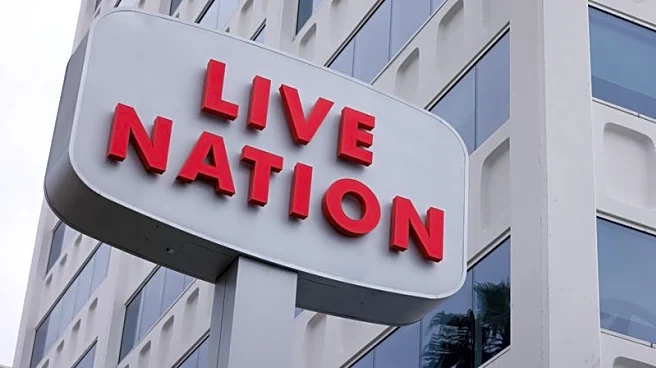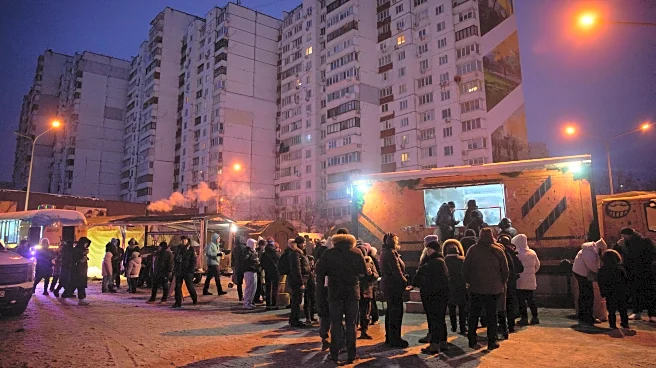Rapid Read • 8 min read
Brazil is set to host the United Nations' annual climate negotiations, known as COP30, in November in the city of Belem. This location, on the edge of the Amazon, was chosen to bring attention to issues such as poverty and deforestation. The decision to host the conference in a high-poverty area is intentional, aiming to confront global leaders with the realities of climate change and inequality. Brazilian President Luiz Inácio Lula da Silva supports this approach, emphasizing the need to address climate issues in the context of poverty and development. The city faces challenges in accommodating the expected 90,000 attendees, with Brazil arranging for cruise ships to provide additional lodging.
AD
The choice of Belem as the host city for COP30 underscores the intersection of climate change with social and economic issues. By highlighting poverty and deforestation, the conference aims to push for more comprehensive climate action that considers the needs of developing regions. This approach could influence global climate policies, encouraging richer nations to provide financial support to poorer countries. The conference also coincides with a critical year for climate negotiations, as countries are expected to update their plans to reduce greenhouse gas emissions. The outcomes of COP30 could significantly impact international efforts to limit global warming to 1.5 degrees Celsius.
As the conference approaches, Brazil is working to address logistical challenges, including accommodation shortages and high lodging costs. The country plans to offer a booking portal and prioritize reservations for poorer nations. The conference will focus on closing the gap between current emission reduction plans and the targets needed to limit warming. Additionally, discussions will likely include financial support for developing countries and the role of natural resources like the Amazon in climate mitigation. The recent ruling by the UN's top court, recognizing a clean environment as a basic human right, may also influence the negotiations.
The decision to host COP30 in Belem highlights the ethical dimension of climate change, emphasizing the need for equitable solutions that address both environmental and social justice. The conference could set a precedent for future climate talks by integrating poverty alleviation and sustainable development into the climate agenda. This approach may encourage a shift in how countries perceive and implement climate policies, viewing them as opportunities for growth and innovation rather than burdens.
AD
More Stories You Might Enjoy












